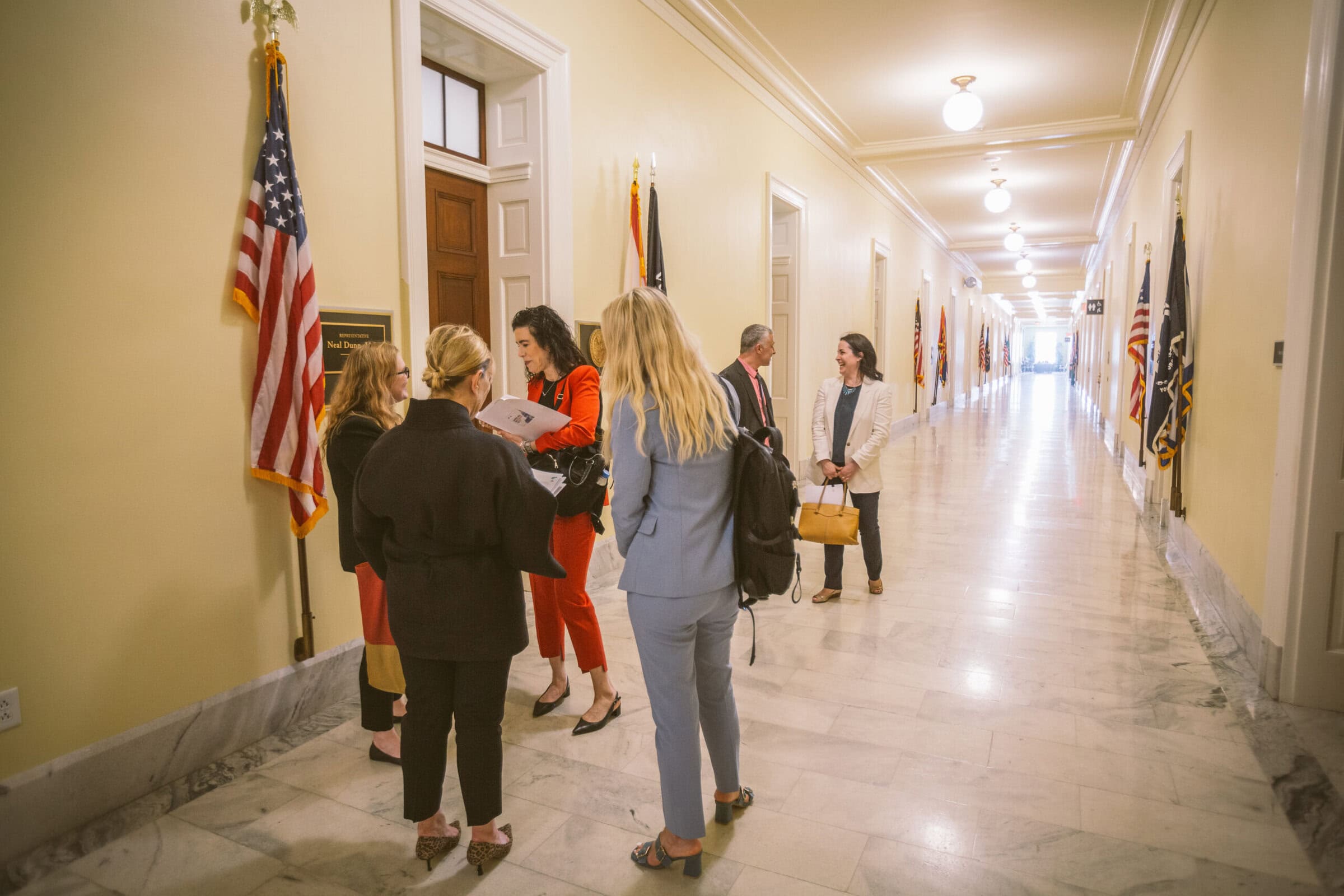Author
Alison Pepper
4A's EVP of Government Relations & Sustainability
Topic
- Government Relations
- Regulations
On October 11, 2023, the Federal Trade Commission (FTC) announced a proposed rule, entitled Trade Regulation Rule on Unfair or Deceptive Fees, which, if adopted, would require a business to include all mandatory fees in an advertised price upfront. As drafted, it explicitly bans hidden fees, which are added to the total price before checkout, as well as “bogus fees,” which the FTC defines as fees whose purpose is deceiving. According to the FTC, tacking fees onto a price toward the end of a purchase allows companies to make their upfront prices appear artificially low and prohibits fair comparison shopping for consumers.
The proposed rule would make it an unfair and deceptive practice and a violation “for any Business to offer, display, or advertise an amount a consumer may pay without clearly and conspicuously disclosing the total price.” (The italicized words have specific definitions in the FTC’s proposed rule.) While the proposal does not ban companies from charging fees, it requires them to disclose them upfront as part of the total price a consumer sees when shopping to spur companies to compete on price rather than their ability to hide pricing. The rule will also require businesses to disclose whether fees are refundable. Companies that charge hidden fees in violation of the rule would be required to refund consumers and pay monetary penalties. The proposed rule did not specify penalty amounts.
Sectors of the economy most likely to be impacted by this rule include but are not limited to payday loans, automobile financing, telecommunications, live entertainment, hospitality, higher education, car rental, cruises, funeral services, academic publishing, insurance, membership programs, and discounting programs. In some of these sectors, the fees the proposed rule would seek to target account for a significant percentage of revenue. Agencies working with clients in these sectors should take note. Agencies working with clients in these sectors should take note.
The FTC estimates that consumers waste 50 million hours each year searching for the total price for tickets and lodging. The FTC found that the time saved in those two categories because of the rule would be equivalent to about $1 billion annually.
This FTC proposed rule seems to have broad consumer appeal. In an earlier advanced notice of proposed rulemaking on “junk fees”, the FTC collected 12,000 comments in 2022 from individuals, businesses, law enforcement groups, and others on how deceptive fees affect them.
The FTC proposed rule is also being coupled with the Consumer Financial Protection Bureau (CFPB) announcing that it will issue guidance to block large banks from charging junk fees to provide basic customer services. Similarly, in June 2023, the Federal Communications Commission proposed a rule that would require cable companies to include fees upfront in pricing. All these efforts are part of a broader initiative the Biden Administration is undertaking to crack down on fees that not only cost consumers money but time as they attempt to find the true price of a good or service or to contest an illegal charge.
Once the proposed rule is published in the Federal Register, interested stakeholders will have 60 days to file written comments via Regulations.gov.
Have questions about the FTC’s Junk Fees proposed rulemaking? Please contact Alison Pepper, 4As EVP, Government Relations & Sustainability.
Related Posts



12/17/2025

